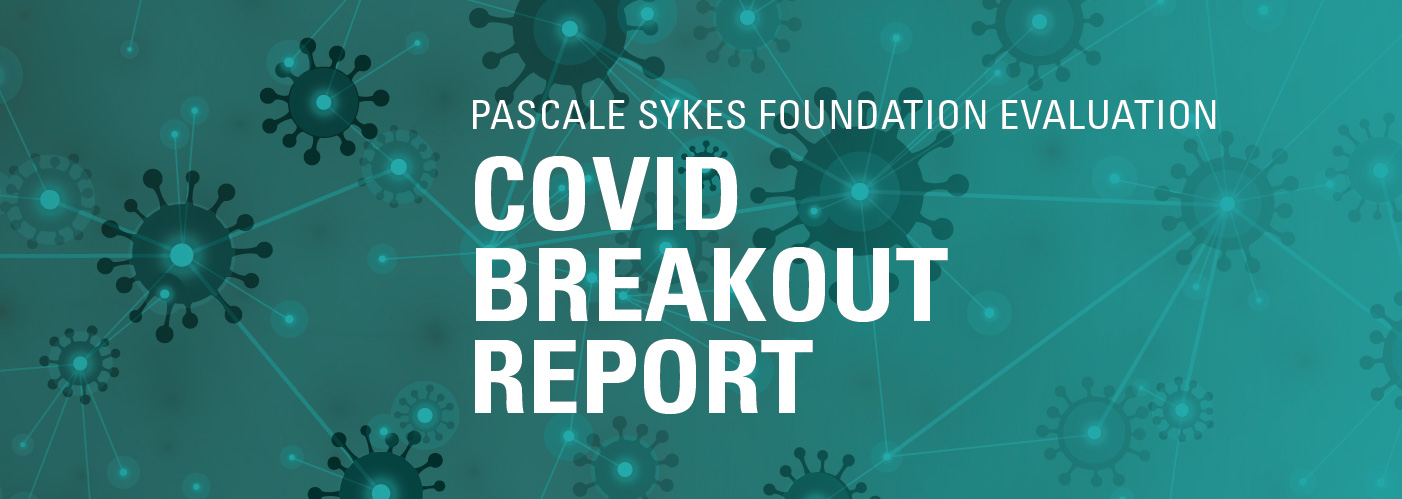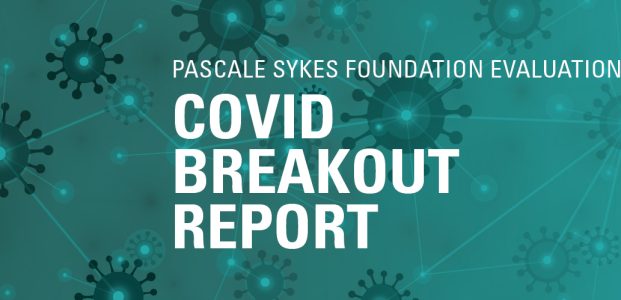Strengthening Families Initiative Evaluation Report
This report provides updates on the Senator Walter Rand Institute for Public Affairs (WRI) research activities, findings, and next steps in the evaluation of the Pascale Sykes Foundation’s implementation of the Whole Family Approach in nonprofit collaboratives in Southern New Jersey. From June 2021 to December 2021, WRI completed data collection and analysis for three reports. WRI completed an analysis of quasi-experimental data collected during the COVID-19 pandemic from both participants supported by collaboratives implementing the Whole Family Approach and a comparison group recruited from the community from March 2020 to March 2021 to understand the ways in which subjective well-being, child well-being, health, financial stability, and health relationships changed throughout the first year of the COVID-19 pandemic. Results indicate that supports provided to participants were essential to those families’ success, finding that families who worked with collaboratives implementing the Whole Family Approach had more stable social supports and increased levels of financial stability throughout the pandemic.
Services the Agency/Collaborative Provide You and Your Family
This chart underscores what services each target family utilized when working with their collaborative; the majority utilized tutoring/mentoring services, counseling services, child activities, help with bill payment, and connecting to other outside resources.
CONCLUSION
This report investigated the average changes in subjective well-being, child well-being, health, financial stability, and healthy relationships with families working with Southern New Jersey collaboratives during the first year of the COVID-19 pandemic. While subjective well-being did not change significantly between March 2020 through March 2021, results showed higher variability in areas such as relationship support with family, the importance of child education attainment, and free lunch or breakfast. This study further examined associations of financial stability, and services families utilized when working with their collaborative; the majority utilized tutoring/mentoring services, counseling services, child activities, help with bill payment, and connecting to other outside resources. The support collaboratives provide was essential to the family they support. Overall, the study findings imply that well-being during the COVID-19 pandemic for families who are working with collaboratives was found to have stable social support outside the family and an increased level of financial stability.
This study has some limitations that will be addressed in future research. First, despite the variety in the distributions of age, gender, and race, the sample size is still low but will continue to expand as research progresses. Families during this time were most likely impacted by the pandemic in ways the current report may not fully capture but will capture in months to come, future research will conduct more focused studies with specific populations. All of the surveys were assessed with self-report questionnaires, which may raise concerns about self-report bias. The present study showed that average levels surrounding the three pillars were stable between March 2020 and March 2021. Future research will analyze data on the pillars across multiple years, before, during, and post the COVID-19 pandemic.


